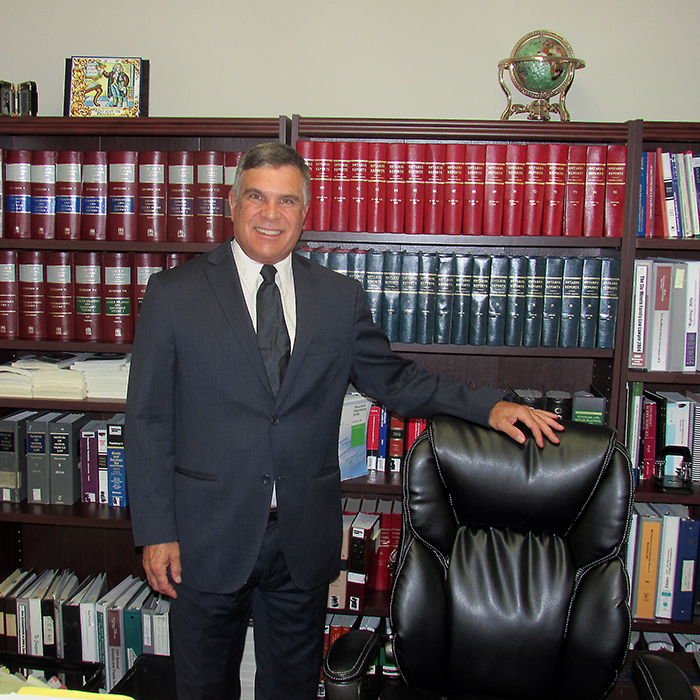
And then there were three.
Veteran Chatham-Kent lawyer and former long-time municipal councillor Paul Watson, integrity commissioner for the Municipality of Chatham-Kent, has assumed the same duties for Sarnia and Kingsville.
As of March 1, all municipalities in Ontario are required to follow a code of conduct and hire an integrity commissioner to enforce it.
In Sarnia, Watson replaces Robert Swayze, who was hired by that city in 2015 as its first integrity commissioner.
Swayze served as commissioner when Sarnia Mayor Mike Bradley was reprimanded for code of conduct infractions during the previous term of council.
Administration had recommended Swayze to retain the job following an initial request for proposal process, but Sarnia council rejected it. As a result, Swayze didn’t resubmit and Watson was selected out of three new bids.
Watson doesn’t anticipate what has transpired in the past in Sarnia will lead to his task being particularly busier.
“The reality is there is a new set of rules that are more demanding than the previous rules and practices were,” he said. “What happened in Sarnia is you bring in some new rules that kind of ran up against some established practices and in the end, they ended up with a complaint.”
Watson said he finds the work as an integrity commissioner “interesting.”
“My background as a former councillor has assisted, as the first role of an integrity commissioner is to provide advice to council,” he said. “If a councillor has a matter that they have a question as to whether they have a conflict of interest, they can come to the integrity commissioner for advice before they deal with that.”
That wasn’t always the case. Watson said prior to March 1, the integrity commissioner only gave advice to council with respect to the code of conduct.
“If there was an issue under the Conflict of Interest Act, the councillor had to go and get their own legal advice. It was awkward,” he said. “There’s a fine line between matters under the Conflict of Interest Act and the code of conduct. Now, the integrity commissioner can provide advice under both. That will make it a lot more seamless.”
Watson said the primary role for the integrity commissioner is to educate and advise. Getting involved in an investigation is “a last resort.”
That has occurred four times during Watson’s two-plus years as integrity commissioner for Chatham-Kent, he said. Three have been dealt with and one is still under review. Watson declined to go into details, but said there will likely be a report released in the next 30 days.
But that’s the tip of the iceberg in terms of contact from councillors and members of the public.
“I have had many inquiries from councillors that I’ve dealt with. And I have had many inquiries from the public, but the majority of those involved misunderstandings as to the powers of the integrity commissioner,” he explained.
Watson said the position of integrity commissioner is on a part-time, as-needed basis.
“I’m available if councillors are calling on me to go and speak to council if there are any requests with respect to training. I’m available to make decisions if there are any complaints. It’s part of my day-to-day activities as part of my legal practice,” he said.
Watson said his time on council has provided him with a broader view of how the elected officials should operate.
“I try to see the line between what’s political and what’s appropriate conduct. Councillors should be free to speak their mind on political issues and act on behalf of their constituents, as they are required to do. But at the same time, the mayor and council have to be mindful of their requirements under the code of conduct,” he said.






